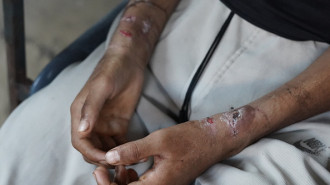Iraq's electoral commission announces start of campaigning for Kurdistan Region's parliamentary elections
Iraq's Independent High Electoral Commission (IHEC) set Wednesday, 25 September, as the start of the official campaigning period for the Kurdistan Region's upcoming parliamentary elections, scheduled for 20 October.
The campaign period will last until midnight on 15 October, allowing political parties and candidates three weeks to rally support.
Jumana al-Ghalay, spokesperson for IHEC, confirmed the campaign timeline in a statement to The New Arab, noting that all preparations for the elections have been completed.
Omed Ahmed, the head of IHEC, reiterated this in a press conference in Baghdad, where he confirmed that the commission is fully ready for the election process.
The election is expected to be a fierce contest between the Kurdistan Democratic Party (KDP), led by Masoud Barzani, and the Patriotic Union of Kurdistan (PUK), headed by Bafel Talabani. These two dominant parties are vying for control of the 100-seat Kurdistan Regional Parliament, as well as the positions of regional president and prime minister within the Kurdistan Regional Government (KRG).
However, despite the launch of the election campaign, concerns remain among voters that the election could face further delays, as it has been postponed multiple times due to political disagreements between the KDP and PUK. The elections were initially set for late 2022 but were delayed after the two parties failed to reach a consensus on key electoral and governance issues.
Iraq's Federal Supreme Court ruled in May 2023 that the previous extension of the Kurdistan Parliament's term was unconstitutional. The court ordered that the IHEC must oversee fresh elections in the Kurdistan Region, effectively dissolving the Kurdish legislature.
In addition to the KDP and PUK, several opposition movements are expected to play a significant role in the upcoming elections. These opposition parties have been focusing their campaigns on key issues such as poverty, unemployment, corruption, and improving living conditions, which resonate with many Kurdish voters who feel left behind by the region's established political elite.
The last regional elections in 2018 saw a significant victory for the KDP, which won 45 seats, followed by the PUK with 21. The remaining seats were divided among smaller parties such as the Change Movement, the New Generation Movement, the Islamic Justice Group, and the Kurdistan Islamic Union.
However, the 2018 elections were marred by accusations of large-scale voter fraud, particularly by the KDP and PUK, and voter turnout was a low 57%.
With political tensions running high and a fierce contest expected, the upcoming election will serve as an important test for the semi-autonomous region, which has been self-governing since 1991.
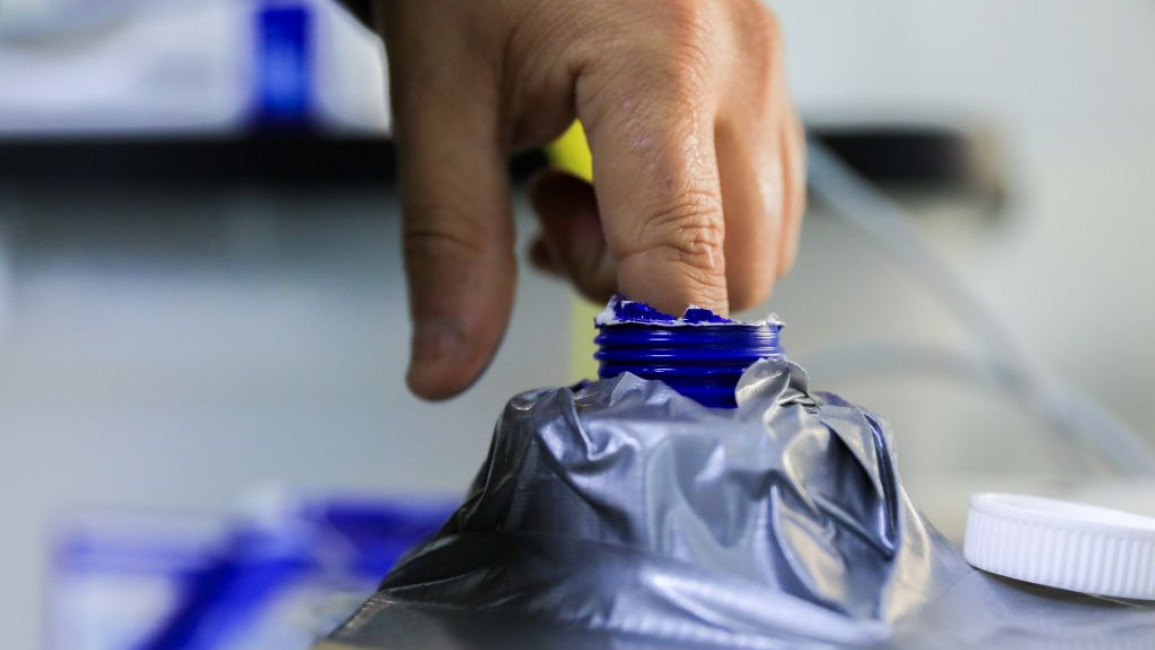
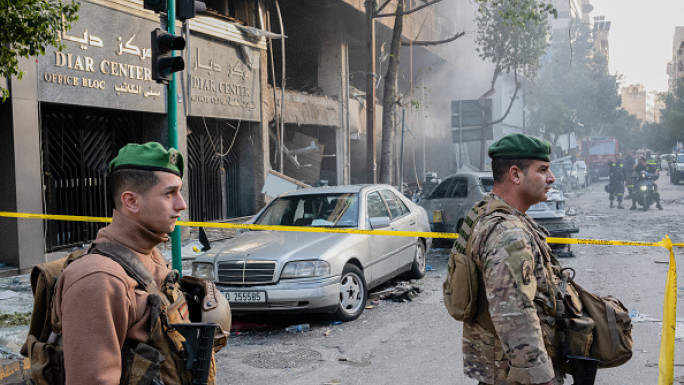
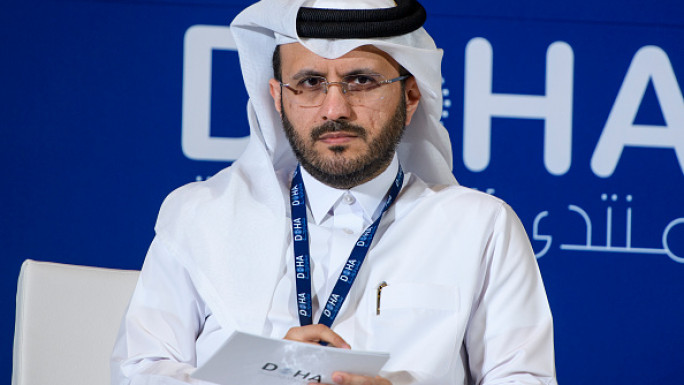
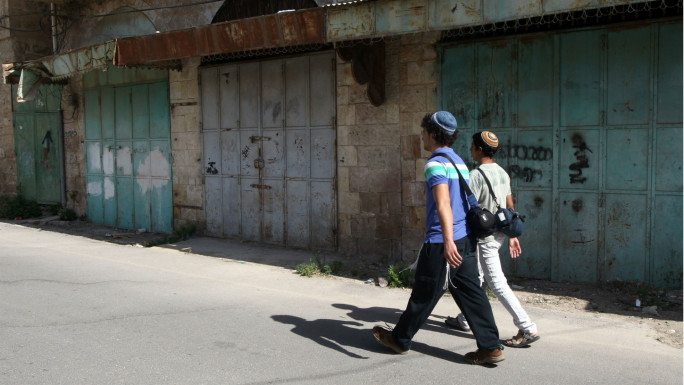
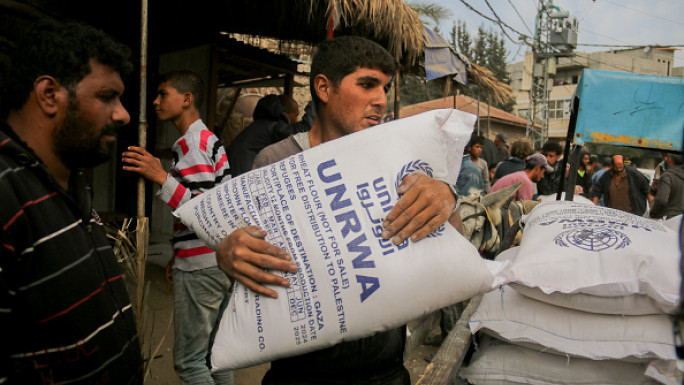
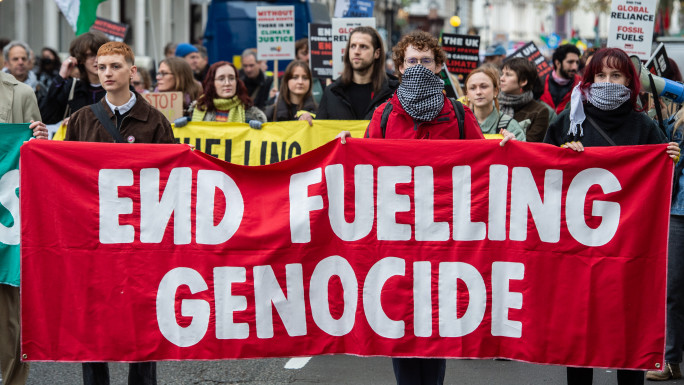
 Follow the Middle East's top stories in English at The New Arab on Google News
Follow the Middle East's top stories in English at The New Arab on Google News
![Netanyahu reportedly refused any mediation role for Turkey [Getty]](/sites/default/files/styles/image_330x185/public/2024-11/GettyImages-2174140193.jpg?h=199d8c1f&itok=Be0gMmGp)
